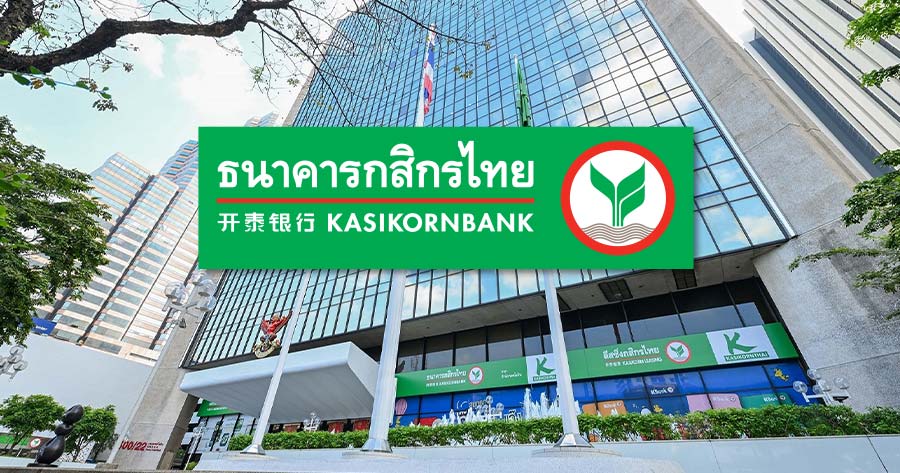Kasikornbank Public Company Limited (SET: KBANK) reported a net profit of 13,007 million baht for the third quarter of 2025 (3Q25), up from 12,295 million baht in 3Q24.
| Quarter | 3Q25 | 3Q24 |
| Net Profit (Loss) Million Baht |
13,007.19 | 12,295.33 |
| Earning Per Share (Baht) |
5.35 | 5.05 |
| % Change | 5.79 | |
| 9 Months | 9M25 | 9M24 |
| Net Profit (Loss) Million Baht |
39,286.83 | 38,835.37 |
| Earning Per Share (Baht) | 16.29 | 16.08 |
| % Change | 1.16 | |
The profit growth came despite challenging domestic and global conditions marked by slowing economic momentum, weak exports, and persistently high household debt in Thailand.
Total operating income for the quarter was 49,246 million baht, nearly flat from 49,011 million baht a year earlier. This reflected contrasting trends across the Bank’s key revenue components.
Net Interest Income (NII) declined to 34,158 million baht in 3Q25 from 36,693 million baht in 3Q24, resulting in a drop in the Net Interest Margin (NIM) to 3.24% from 3.59%.
The contraction was attributed to lower lending rates following recent policy rate cuts, loan restructuring measures to support customers, and a moderation in overall loan volume.
Offsetting the decline in NII, Non-Interest Income surged to 15,088 million baht from 12,318 million baht a year earlier, providing a strong cushion to overall profitability.
Meanwhile, the Bank reduced its Expected Credit Loss (ECL) provisions to 10,179 million baht, down from 11,652 million baht in 3Q24. KBank noted that it continues to maintain prudent provisioning aligned with the prevailing economic and credit environment.
Asset quality remained stable, with the gross Non-Performing Loan (NPL) ratio improving slightly to 3.19% as of 30 September 2025, compared with 3.22% a year earlier.
The coverage ratio—representing total allowance for expected credit loss to NPLs—strengthened significantly to 166.43%, up from 150.00% as of 30 September 2024, reflecting the Bank’s strong capital buffer and conservative risk management.
The Cost-to-Income Ratio edged up to 42.57% in 3Q25 from 42.33% in 3Q24 (restated), primarily due to continued investment in digital transformation and productivity initiatives.
Despite this, KBank reaffirmed its focus on cost discipline and operational efficiency amid an uncertain macroeconomic outlook.




